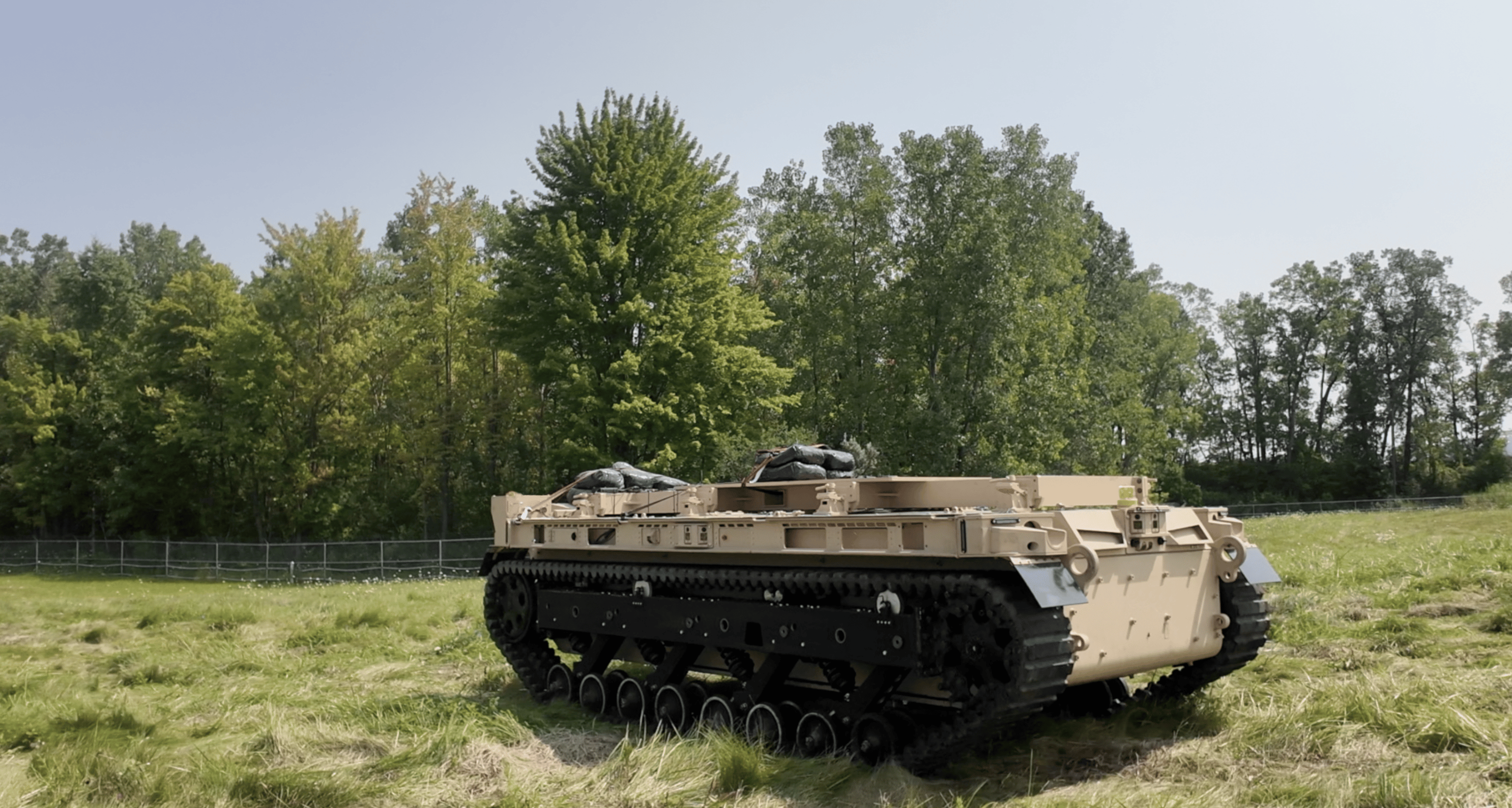DEF STAN 00-82 Fuel and Hydraulic System Flammability Testing
The DEF STAN 00-82 test method is a critical standard for ensuring the safety of military vehicles by evaluating the flammability of fuel and hydraulic systems. This stringent protocol aims to prevent catastrophic failures caused by ignition or explosion within these systems, which could lead to significant personnel and operational risks.
The test methodology involves subjecting fuel and hydraulic fluids to rigorous heat treatments followed by an open flame exposure. Specimens are prepared according to strict guidelines provided in the standard, ensuring they closely mimic real-world conditions under which such systems operate. The primary objective is to identify any potential flammability issues that could arise during extreme temperature fluctuations or mechanical stresses.
Understanding the intricacies of this testing process requires a comprehensive knowledge base. First and foremost, it involves precise calibration of all equipment used in the experiment to ensure accurate results. Secondly, thorough preparation of both fuel samples and hydraulic fluids must be carried out using methods detailed within DEF STAN 00-82 itself.
The experimental setup includes an environment chamber capable of simulating various temperature ranges relevant to field operations. This allows for controlled exposure of the test materials to heat before being subjected to open flame testing. The precise control over these variables ensures accurate replication of potential real-world scenarios where flammability might occur.
Once prepared, specimens undergo two primary stages: thermal decomposition and subsequent ignition tests. During thermal decomposition, samples are exposed to temperatures ranging from 150°C up to 300°C for specified durations determined by the specific requirements outlined in DEF STAN 00-82. After reaching equilibrium at these elevated temperatures, the heated specimens are then subjected to an open flame test.
The purpose of this second stage is twofold: firstly, it assesses whether any volatile compounds have been released as a result of thermal decomposition; secondly, it determines if these released vapors can ignite and propagate flames. If either condition occurs, further investigation into the composition and purity of the fuel or hydraulic fluid may be necessary.
Upon completion of the flame test, detailed observations are recorded regarding the nature and extent of any combustion that took place. These findings form the basis for evaluating compliance with DEF STAN 00-82 criteria. Compliance is typically determined based on predefined limits set out in the standard concerning maximum allowable heat release rates and duration of burning.
It’s worth noting that this testing process not only helps identify potential hazards but also provides valuable insights into material properties under extreme conditions. This information can guide ongoing improvements in fuel blends and hydraulic fluid formulations, ultimately enhancing overall system reliability and safety.
In summary, DEF STAN 00-82 flammability testing serves as a cornerstone for ensuring the safe operation of military vehicles by addressing one of their most critical components: fuel and hydraulic systems. Through rigorous experimentation and meticulous analysis, this standard plays an indispensable role in safeguarding personnel and equipment.
Industry Applications
The application of DEF STAN 00-82 flammability testing extends beyond mere compliance with regulatory requirements; it also supports innovation and continuous improvement within the military sector. By identifying potential weaknesses early in development cycles, manufacturers can refine their designs to better withstand harsh operational environments.
- Enhanced Reliability: Ensures that components meet stringent safety standards before being integrated into complex systems like tanks or helicopters.
- Innovation Driver: Encourages research into safer fuel formulations and hydraulic fluid compositions, leading to more efficient and effective vehicles.
- Operational Readiness: Provides reassurance that critical components will perform reliably under diverse conditions, thereby minimizing downtime and maintenance costs.
These benefits translate directly into enhanced operational capabilities for military forces worldwide. As technology evolves, so too must testing methodologies like DEF STAN 00-82 adapt to meet emerging challenges while maintaining the highest levels of safety and performance.
Eurolab Advantages
At Eurolab, we pride ourselves on delivering top-tier services that go beyond mere compliance; our expertise lies in providing comprehensive solutions tailored specifically for your unique needs. Here are some key advantages offered by Eurolab:
- Comprehensive Knowledge Base: Our team comprises experts who stay abreast of all relevant standards and guidelines, ensuring accurate interpretation and application.
- State-of-the-Art Facilities: Equipped with cutting-edge equipment capable of replicating real-world conditions accurately.
- Consistent Quality: Maintains high standards across all projects, delivering consistent results every time.
- Customized Solutions: Tailors testing protocols to suit individual client requirements, optimizing both efficiency and accuracy.
By partnering with Eurolab, you gain access to unparalleled expertise and resources designed specifically for meeting the highest standards in military vehicle testing. We are committed to helping our clients achieve their goals through reliable and robust solutions.





